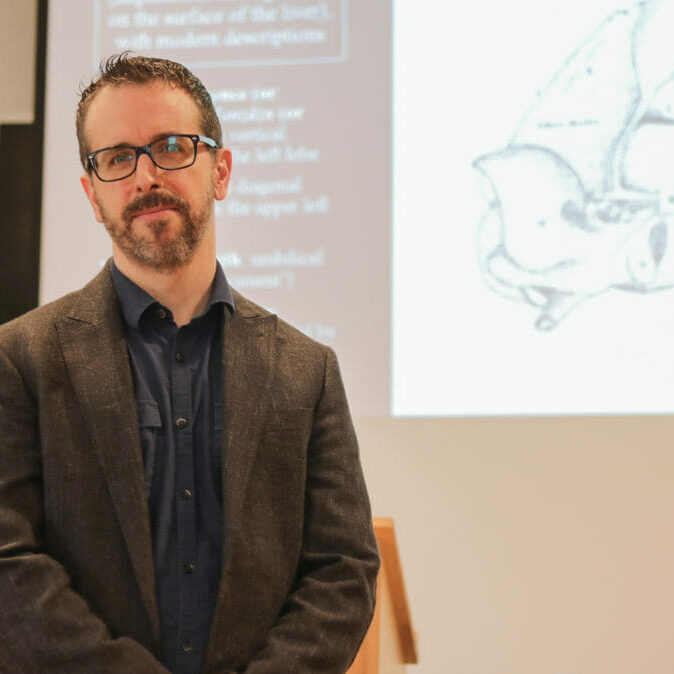
Signs from the stars and planets
A new course teaches the history of astrology and divination
With files from Dylan Coutts.
Astrology, its validity as a belief system and field of study has been debated for millennia. But despite modern science’s rebuttal of it, astrology continues to fascinate, and many still turn toward it for guidance.
As Oxford dictionary defines it, astrology is the study “of the movements and relative positions of celestial bodies interpreted as having an influence on human affairs and the natural world.” In today’s society, this often comes in the form of horoscopes based on sun signs and moon signs. Some firmly believe in these predictions in determining their personality and social life.
For Cory Larsen, Dalhousie Student Union vice-president (Student Life), astrology has been a tool to help him “get in touch with [himself]” and his personality traits. He also uses it to examine his relationship with others based on their signs.
“I definitely think there is a pattern to the type of people that I surround myself with and the kind of relationships that I have with them,” says Larsen, “I just naturally seem to have a tendency to get along better with (Aquariuses) and they end up being my closer friends.”
For students like Larsen who are interested in astrology, a new course at the University of King’s College has been offered this semester that teaches the history of this field.
Star studies
Oracles, Omens and Astrology examines the history of astrology and divination; it looks into their presence in ancient Mesopotamia, Egypt, Greece and Rome.
Kyle Fraser, the course professor, says he begins the class by trying to unpack students’ “knee-jerk reactions” to the subject matter.
“Divination and astrology in our modern rationalistic culture tend to be regarded as pseudo-sciences or forms of outmoded superstition,” he says. “They’re not taken seriously.”
Nora Adshade, a fifth-year Dalhousie University student taking the course, isn’t exactly one of those students who dismiss astrology as a belief system.
“I think everyone’s beliefs are valid,” she says. “Why can’t we look up at the stars and find stories or [signs of] the future or the past?”
However, Adshade herself is not a believer in astrology. “I classify myself as an agnostic,” she says, “so I think it’s really neat that people have these views, but I don’t think I’d believe in them myself.”
But Fraser doesn’t expect his students to come out of his class being firm believers in astrology as a form of divination. Rather, he hopes his students will develop a “deeper appreciation of the other forms of logic,” and a “more critical appraisal of their own belief systems.”
“One doesn’t need to be a convinced believer in astrology and divination to benefit from a study such as this,” he says. “By exploring alternative modes of rationality and other cultural paradigms of rationality, we shine a critical light on our own scientific belief systems.”
It is, however, clearly difficult for people today to break out of this mode of modern scientific thinking. Even supporters of astrology are quick to acknowledge its lack of scientific evidence.
“There is no proof,” as Larsen says. “But (astrology) is a really good way of seeing yourself in a different way, categorizing a lot of your traits, and being able to just know more about yourself.”
Although some scientists have tried to prove astrology through research, they have never been very successful. But if it gives people the answers that they want, does the lack of science even matter? For the millions of people diligently reading their horoscopes today, it really doesn’t.






